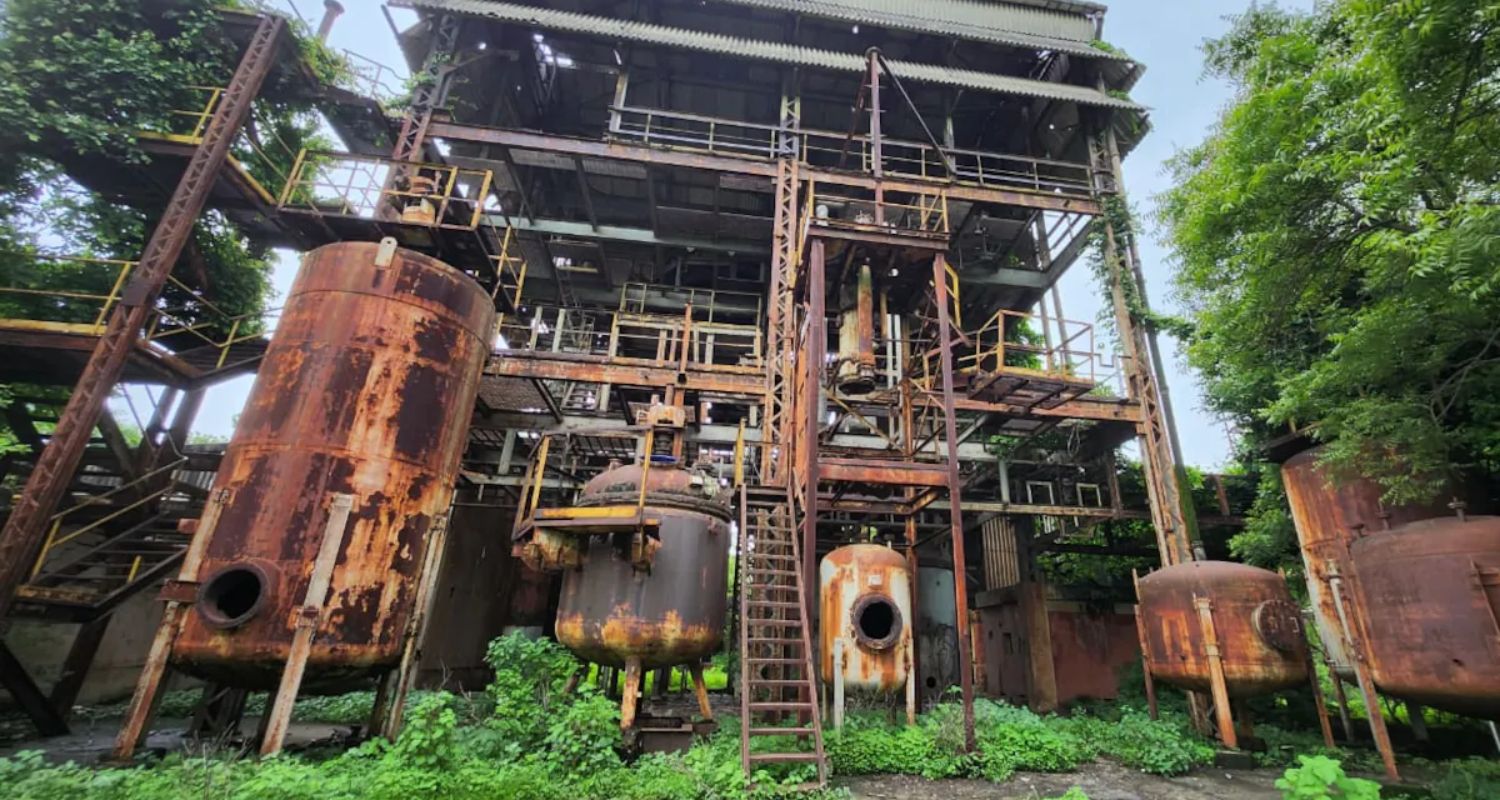The Supreme Court on Monday reviewed the disposal of hazardous waste from the 1984 Bhopal gas tragedy, which killed 5,479 people, following a plea that raised concerns about the health risks to nearby residents, including those in Indore.
The court issued notices to the Centre, the Madhya Pradesh government, and the state pollution control board, seeking their responses.
The toxic waste, approximately 377 tonnes from the now-defunct Union Carbide factory, had been transported to the Pithampur industrial area in Dhar district, located 250 km from Bhopal and about 30 km from Indore. The waste disposal process is under scrutiny due to its potential environmental and health hazards to surrounding populations.

The Bhopal gas disaster, which occurred on the night of December 2-3, 1984, involved a lethal leak of methyl isocyanate (MIC) gas from the Union Carbide plant, killing thousands and permanently affecting more than five lakh others. This tragedy is considered one of the worst industrial disasters in history.
The Supreme Court's bench, consisting of Justices BR Gavai and Augustine George Masih, agreed to hear a plea challenging orders from the Madhya Pradesh High Court, dated December 3, 2024, and January 6.
The High Court had criticised the authorities for failing to clear the Union Carbide site, despite orders from the Supreme Court, and set a four-week deadline for the removal of the waste. The High Court also warned of contempt proceedings if the directive was not followed.
Also Read: MP HC criticises health officials over gas tragedy data delay
In January, authorities began moving the toxic waste in sealed container trucks for disposal at Pithampur. The waste is initially being burned in a waste disposal unit, with the residue being tested for harmful elements. To prevent air pollution, the incinerator's smoke passes through four layers of special filters.
The plea, filed by advocate Sarvam Ritam Khare, expressed concern over the disposal of 337 tonnes of hazardous waste in Pithampur. The petitioner, Chinmay Mishra, argued that the disposal site was too close to several villages—within a one-kilometer radius—and that these areas are at extreme health risk.
The plea also pointed out the proximity of the Gambhir river, which provides water to the Yashwant Sagar Dam, the primary water source for 40% of Indore’s population.
The petition raised serious questions regarding the violation of the fundamental right to life under Article 21 of the Indian Constitution, particularly the right to a clean and healthy environment. It argued that disposing of hazardous chemical waste in a densely populated area without adequate safety measures could endanger public health.
Additionally, it claimed that authorities had failed to inform local residents of the risks and had not issued necessary health advisories, further violating their right to health.
The Supreme Court has set the matter for further hearing after a week, as it considers the implications of this case on public health and environmental protection.
Also Read: 40 yrs post-Bhopal gas tragedy, Union Carbide waste unloading starts



